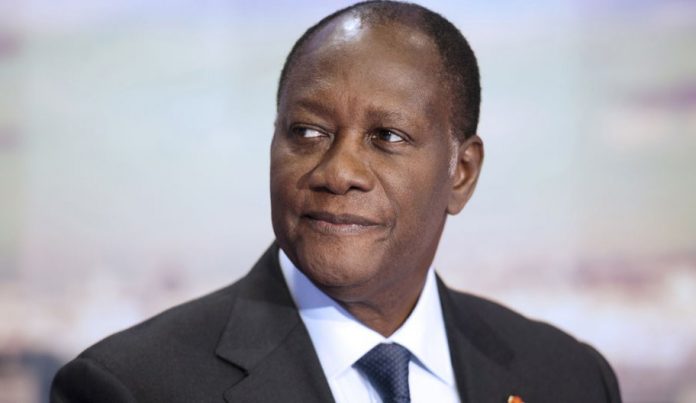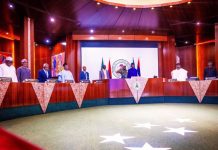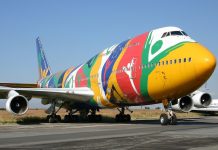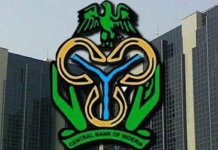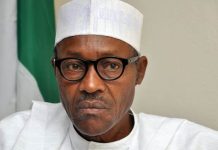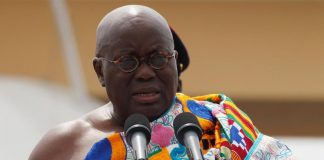Alassane Dramane Ouattara was born on January 1, 1942 in Dimbokro, Ivory Coast. Completing his primary education in Côte d’Ivoire, Ouattara finished his secondary education in Upper Volta, now known as Burkina Faso. He then proceeded to the United States and received a Baccalaureate in Elementary Mathematics from Drexel Institute of Technology, followed by a Master’s and Ph.D. in Economics at the University of Pennsylvania in 1972.
In April 1968, Ouattara joined the International Monetary Fund (IMF) and in 1973, he moved to the Central Bank of West African States (BCEAO) and became Deputy Governor there in 1982. Two years later, Ouattara returned to the IMF to serve as Director of Africa.
In early 1990, he joined the government of Ivoirian President Felix Houphouet-Boigny and took an unelected position as Prime Minister at the end of this same year. Following the death of President Houphouet-Boigny in 1993, Ouattara returned to the IMF and was appointed to Deputy CEO in 1994. Finally, in 1999 he ceded his position at IMF to run in the 2000 Ivoirian presidential election. In October 2000, an Ivoirian court canceled his nationality certificate, thus nullifying his eligibility as a presidential candidate.
In 2010, Ouattara was permitted as a presidential candidate in the 2010 elections by incumbent President Laurent Gbagbo. Despite fraudulent electoral results reported, Alassane Ouattara was declared to be winner by the Independent Electoral Commission (CEI), though the only authority to legitimize results is the nation’s Constitutional Council who has declared Gbagbo as winner.
After months of unsuccessful negotiations and sporadic violence, the crisis entered a critical stage as Ouattara’s forces seized control of most of the country, with Gbagbo entrenched in Abidjan, the country’s largest city.
Mr. Gbagbo was captured alive and removed from office. Allasane Ouattara was sworn-in as the Ivoirian President. Alassane Ouattara won a second five-year term in 2015 with almost 84% of the vote. With 2,118,229 votes, or 83.66% of votes cast, and a 54.63% turnout, Ouattara’s victory was a landslide compared to the 50% required to avoid a run-off and the 9% of his closest rival. The President, who is soft-spoken and widely referred to as a gentleman, is married to a French lady and they have children.






